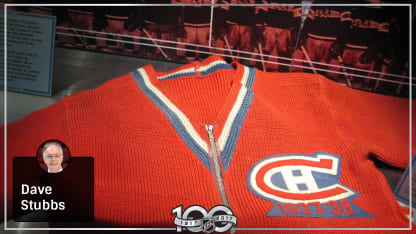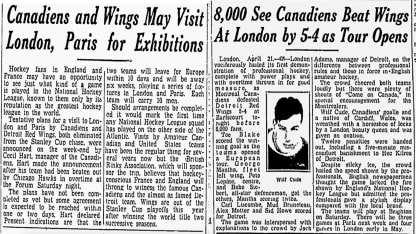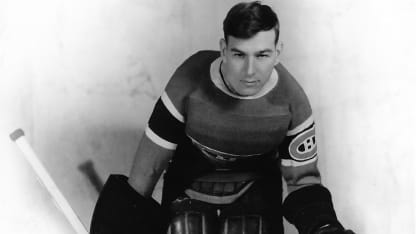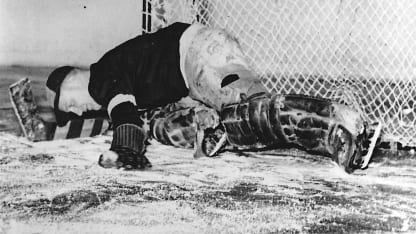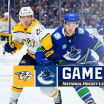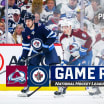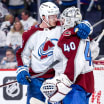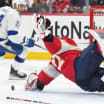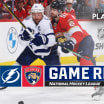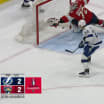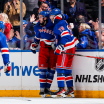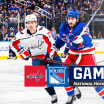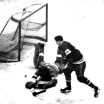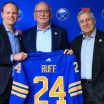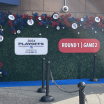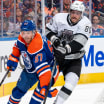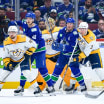Although a few British reporters sniffed at the quality of action on sticky ice, fans adored the show, as they did when the teams moved on to Brighton for a 5-5 tie two nights later.
They especially got a charge out of two fights in Brighton; Marty Barry of Detroit took on Red Goupille of Montreal, and Pete Bessone of the Red Wings exchanged blows with Toe Blake of the Canadiens.
The teams crossed the English Channel into Paris for three games at the Palais des Sports from April 25-29. The Canadiens won the first and third games 10-8 and 7-5, respectively, with the Red Wings winning the second 4-3.
The 10-8 game was a particular delight for fans, the hugely popular Canadiens rallying after trailing 8-5 to score five straight goals in the final 10 minutes.
"The game, which was quick and devoid of brutishness, excited the French fans, who were watching their first professional hockey match," La Patrie reported.
After Paris, back to England the teams went, the Canadiens winning twice in Earl's Court, 6-3 and 5-4, the Red Wings winning twice in Brighton, 10-5 and 5-2. Montreal's 6-3 win on May 5 featured another couple of fights -- some exhibition this was turning out to be -- and Adams livened things up by pulling goalie Normie Smith for a sixth skater with Detroit trailing by a goal on May 10 in Earl's Court.
"We've had a successful and enjoyable trip," Canadiens coach and general manager Cecil Hart said when the teams packed up and headed to Southampton for the ocean voyage home (a side trip to Switzerland was shelved when the offer arrived too late). "The boys played wonderful hockey and I'm sure they've sold the professional game in a big way to British and French fans."
The players, who were paid $250 each for taking part, raved about the experience.
It would be 28 years before NHL teams returned to Europe. The Rangers and Boston Bruins, with a few Chicago Black Hawks, played 23 games from April 29-May 24, 1959, in England, Switzerland, France, Belgium, West Germany and Austria.
"I believe pro hockey is still five years off over there," Hart said of England and France in 1938. "They haven't got the rinks yet. But think of the opportunities with no traveling expenses and such thickly populated areas. We packed them in everywhere. The last game we played over there, we turned away between 3,000 and 4,000 fans, and that with very little publicity."
